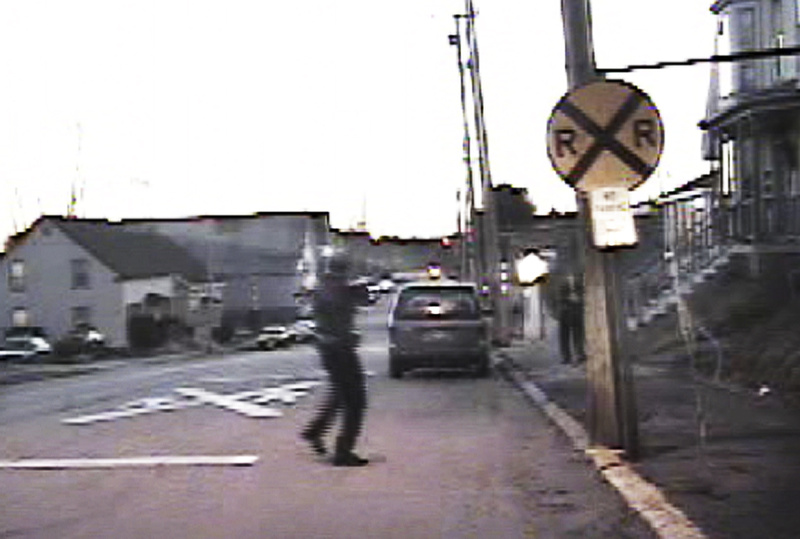When a person trapped in a mental health crisis threatens to hurt himself or someone else, a police officer is the last line of defense.
But what happens when the last line becomes the front line? What happens when the deadly force police use to keep us safe is the only tool available when our most troubled friends, neighbors and family members are out of control?
These are the questions posed today in “Deadly Force,” a series beginning in today’s newspaper, and the lack of good answers is troubling. Systems set up to protect officers and police departments from lawsuits could be putting officers in avoidable situations where deadly force is the only option.
So little information is available about these encounters that it’s hard for the public to know if the best practices are being used. Lawmakers are failing to show proper oversight, treating these shootings as strictly a police matter and not what they really are: a matter of public health.
We do know that a significant number of people with mental illness are shot and killed by police, not just here but across the nation. Since 2000, police in Maine have shot 57 people, killing 33 of them. Close to 60 percent of the fatalities were people with mental health problems.
We know that in most of these cases, officers do not have specialized training in defusing a mental health crisis. We know that families who call for help sometimes watch in horror as a troubled loved one is killed in the blink of an eye.
FEW ANSWERS
Unfortunately, the system does more to obscure answers than to shed light. Every use of deadly force by a police officer is reviewed by the state Attorney General’s Office, but by a very narrow standard that only looks for potential criminality by the law enforcement officer.
Investigators ask if a reasonable officer in the same situation could have come to the same conclusion about the use of force. It is a low bar. Since 1990, the Attorney General’s Office has investigated 101 uses of deadly force and has found it justified every single time.
Whether an officer broke the law is an important question and it’s good news that no officer in these instances has been found to criminally misuse his power. But knowing that is not enough.
Equally important are questions about the events, such as what put the officer in that position and whether through training or tactics the officer could have avoided the life-or-death decision.
That level of critique is needed not to second-guess officers but to protect them. This situation is not their fault.
As a society we have made decisions to shut down prison-like mental health hospitals and care for most people in their communities. We have also seen community mental health services receive inadequate funding and watched as their budgets are continuously cut. Even though people with mental illness are much more likely to be the victims of crime than the perpetrators, they are more likely to receive services in a jail than in a hospital.
TRAINING, REVIEW
That’s why training for police officers is so important. But as the Telegram’s investigation shows, the vast majority of Maine’s 3,500 police officers lack the advanced training that could help them prevent a tragedy instead of participating in one.
This is not just a responsibility for police organizations. State lawmakers should create a review process that looks beyond the use-of-force issue and explores the whole set of circumstances that led to each shooting, not just the moment when the trigger was pulled. The review panel should include experts outside law enforcement, with the goal of finding a better way to enter these dangerous situations.
Three years ago, the Legislature killed a bill to do just that. In its place it passed a law that makes parts of internal departmental review reports available to the public, but creates no obligation for lawmakers to distribute or discuss the findings, and they have not.
With lives in the balance, this lax oversight is inexcusable. If tragedies can be prevented with better equipment, training or procedures, we owe it to police officers and the people they protect to make sure they have all the tools they need.
Send questions/comments to the editors.



Success. Please wait for the page to reload. If the page does not reload within 5 seconds, please refresh the page.
Enter your email and password to access comments.
Hi, to comment on stories you must . This profile is in addition to your subscription and website login.
Already have a commenting profile? .
Invalid username/password.
Please check your email to confirm and complete your registration.
Only subscribers are eligible to post comments. Please subscribe or login first for digital access. Here’s why.
Use the form below to reset your password. When you've submitted your account email, we will send an email with a reset code.